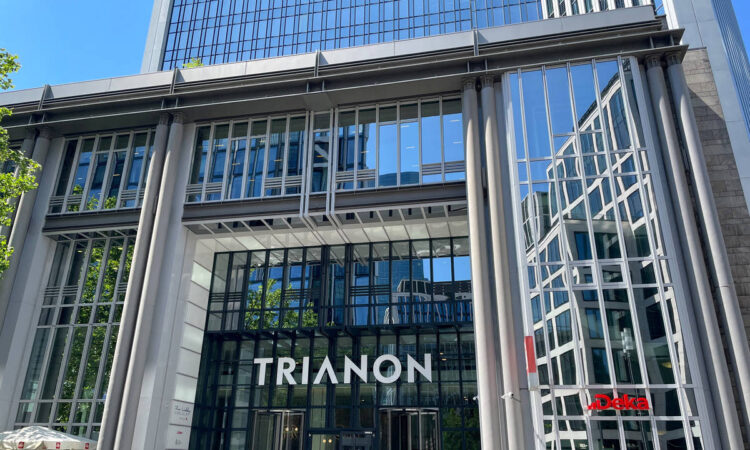
FRANKFURT (July 10): Germany’s real estate industry, already in its third year of turmoil, faces more pain ahead as further companies go bust, the CEO of Germany’s largest landlord warned.
The bleak assessment from Rolf Buch, the CEO of Vonovia and one of the nation’s property titans, defies hopes for an imminent turnaround as the sector goes through its worst crisis in a generation.
“We’re going to see an extreme number of bankruptcies over the next few months, maybe over the next few years. We’re already seeing them today,” Buch told journalists on Tuesday.
“It is going to be bitter.”
For years, low interest rates and a strong economy sustained a boom across the German property sector, which broadly contributes €730 billion (RM3.72 trillion) a year to the nation’s economy, or roughly a fifth of Germany’s output.
That boom ended when rampant inflation forced the European Central Bank (ECB) to swiftly raise borrowing costs. Real-estate financing dried up, deals fizzled, projects stalled, major developers went bust, and some banks teetered.
The industry has called on Berlin to intervene.
Buch built Vonovia through a series of multi-billion-euro takeovers, building up a debt mountain as the property crisis struck, forcing it to sell swathes of homes.
In its wake, Vonovia, which has roughly 550,000 apartments, slashed the value of its properties by almost €11 billion in 2023, taking the group to a €6.7 billion loss, its worst ever.
It has cut the value of its property by more than one fifth, stripping out rent increases, since 2022, when interest rates started to climb, knocking prices.
Buch said Vonovia was now finished with big writedowns, although said there could be further small adjustments.
ECB rate cut
A recent rate cut by the ECB has sparked hopes of a revival of the sector, but some executives are still cautious.
“Whether or not the ECB changes interest rates marginally will not reverse the trend for property,” said Matthias Danne, board member at Deka, one of Germany’s largest asset managers with €55 billion in property investments.
Elevated rates will keep financing expensive, and a rebound in building sales has been “slower coming than expected”, Danne told Reuters.
Germany is the largest real estate investment market on the European continent. The turnover of buildings through sales that often characterises a healthy market slowed to a halt and is only gradually picking up.


